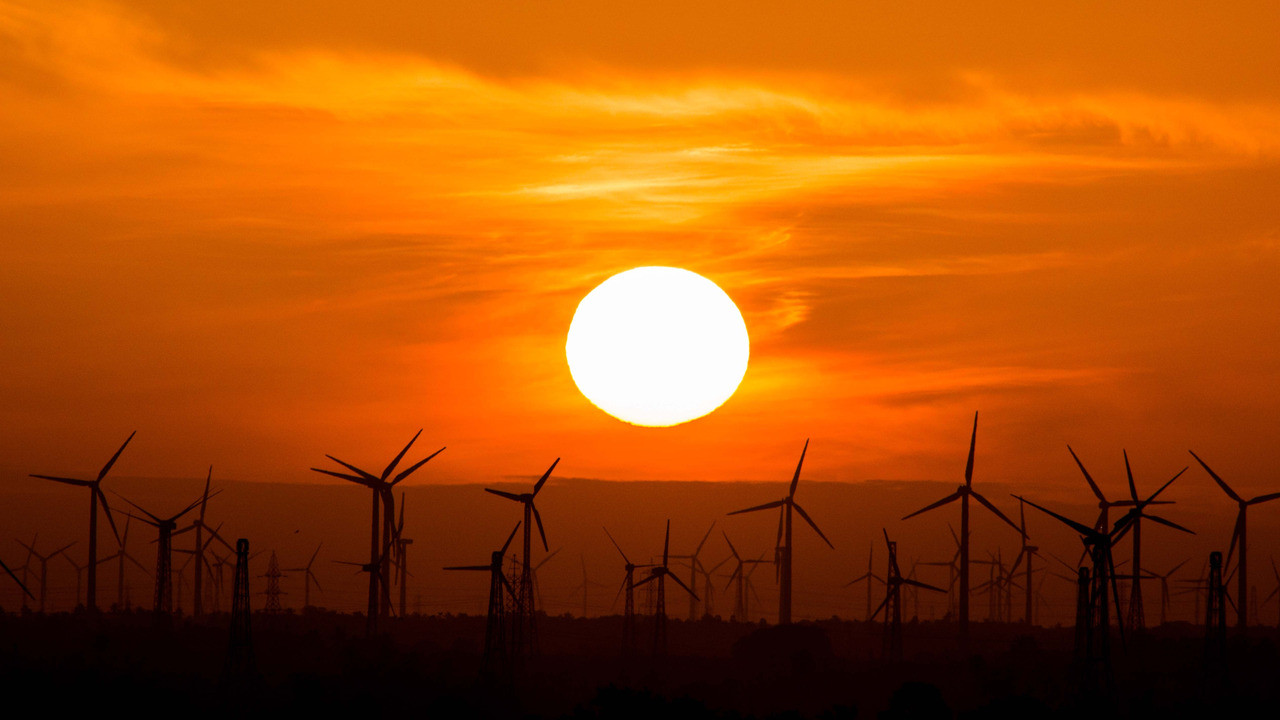It's great to see that more and more countries are recognizing the importance of reducing greenhouse gas emissions and mitigating the impacts of climate change by transitioning to renewable energy sources. However, it's true that developing countries face unique challenges when it comes to accelerating the energy transition. Here are some key-factors for success:

Policy and Regulation
Governments must create policies and regulations that encourage investment in renewable energy infrastructure. This includes providing incentives for businesses to invest in renewable energy projects and implementing regulations that require the use of renewable energy sources in the country's energy mix. Additionally, policies and regulations must be put in place to ensure that the energy transition is equitable and benefits all communities, especially those that are most vulnerable to the impacts of climate change.
Financing
Financing is a critical element of the energy transition in developing countries. Governments must provide funding and incentives to attract private investment in renewable energy infrastructure. Financial institutions must also play a role in providing access to capital and low-cost loans to businesses and communities for renewable energy projects.
Capacity Building and Technology Transfer
Developing countries may lack the expertise and technology necessary to implement renewable energy projects. Therefore, capacity building and technology transfer are crucial to accelerate the energy transition. This includes providing training programs for local communities and businesses, as well as sharing technology and knowledge from developed countries.
Public Awareness and Engagement
Public awareness and engagement are essential to ensure that communities understand the benefits of renewable energy and are willing to support the transition. Governments and businesses must engage with communities to provide information about the benefits of renewable energy, as well as address any concerns or misconceptions that may exist.
Collaboration and Partnerships
Collaboration and partnerships between governments, businesses, and communities are crucial to accelerate the energy transition in developing countries. Public-private partnerships can provide access to funding and expertise, as well as encourage innovation and collaboration between different stakeholders.
Takeaway
Accelerating the energy transition in developing countries is essential to achieve global climate goals and mitigate the impacts of climate change. Policy and regulation, financing, capacity building and technology transfer, public awareness and engagement, and collaboration and partnerships are key elements that must be considered to achieve a successful transition.
Our system solutions and energy storage can help you achieve your sustainability goals. Whether you're a business, a community, or a government, we can work with you to design and implement custom solutions that meet your specific needs.
Our energy storage solutions are reliable and efficient, allowing you to store renewable energy when it's abundant and use it when it's needed most. By combining our energy storage with our system solutions, we can help you optimize your energy use, reduce your carbon footprint, and save money in the process.
So if you're ready to take the next step towards a more sustainable future, contact us today to learn more about how we can help. Our team of experts is standing by to answer your questions and help you get started.
Together, we can create a better world for ourselves and future generations.
Editor's note: This article was originally published in June 2023 and has been updated for comprehensiveness.





All comments are moderated before being published. Inappropriate or off-topic comments may not be approved.